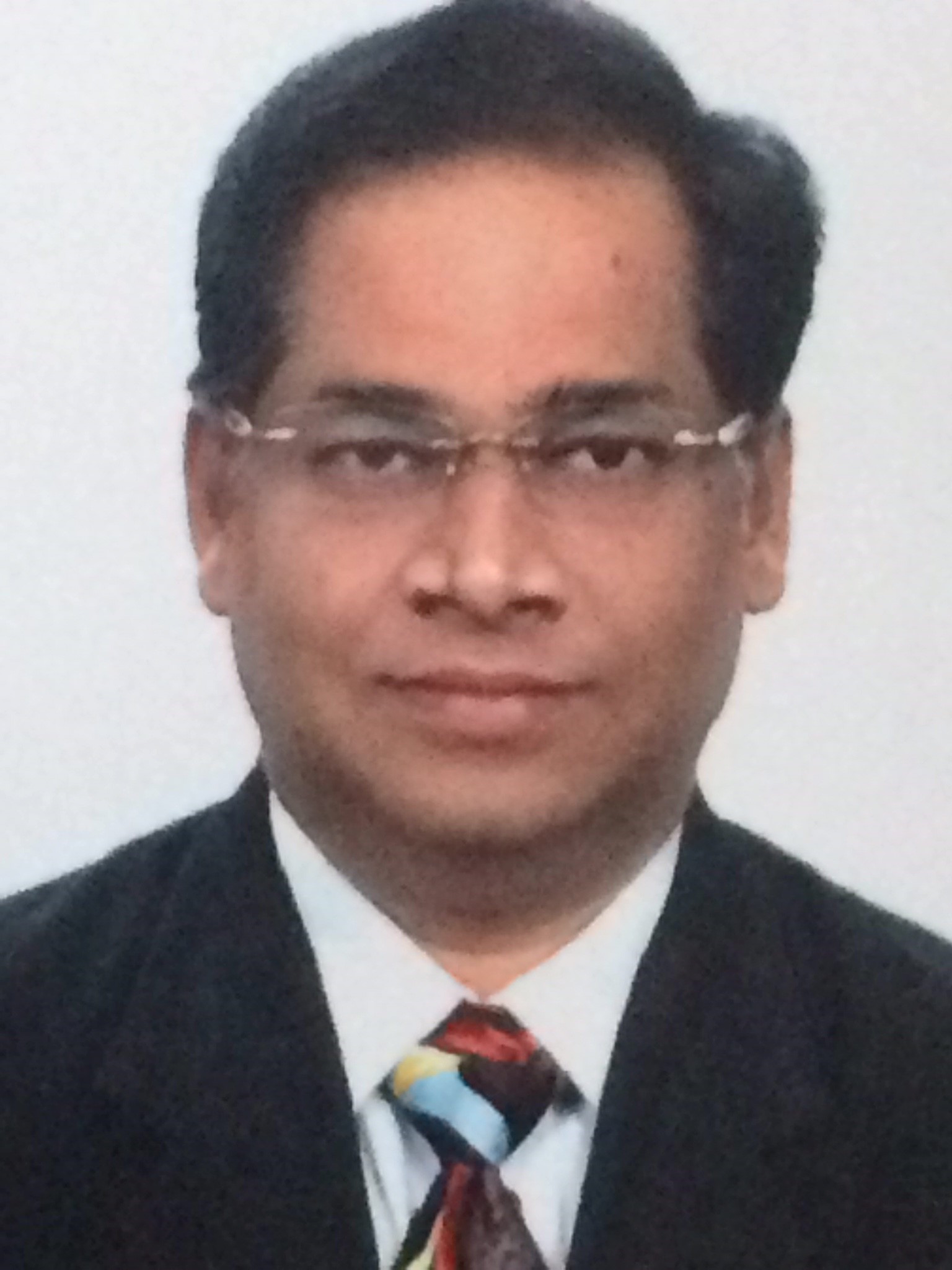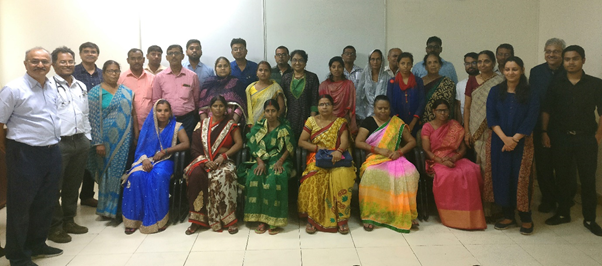How to Improve Compliance in Patients With Chronic Illnesses?
Fifty patients with rheumatoid arthritis who discontinued medications were interviewed, and the reasons for their discontinuing the treatment were analyzed. Most of the patients stopped medication because they were asymptomatic. A few patients had to discontinue because of the death of a family member. Other reasons were travel, vexation, being unable to buy medicines, family function, and changing to an alternate medication for want of relief and permanent cure. These patients discontinued medicines despite the reinforcement by a pamphlet stressing the importance of continuing medications.
Non-compliance is often cited as a factor that leads to the high cost of healthcare, including loss of productivity among workers who do not follow their doctors’ advice. According to a study cited in the Journal of American Pharmacy Association in 2001, non-adherence costs the United States an estimated $177.4 billion yearly due to medication misuse and misunderstanding.
A patient-experience-transformation company has suggested seven strategies that may be followed to improve patient compliance. They are as follows:
1. Keep the regimen and instructions simple.
2. Anticipate misinterpretations
3. Put the treatment plan in writing/check for understanding
4. Provide a medication schedule
5. Use others to help instruct
6. Explore barriers to compliance
7. Acknowledge achievements
The problem of poor patient adherence has been extensively researched; however, the rates of non-adherence have not changed much in the past 3 decades. Atreja et al. grouped the interventions into categories that can be remembered by the mnemonic “SIMPLE”.1
Strategies |
Specific interventions |
Simplifying regimen characteristics |
Adjusting timing, frequency, amount, and dosage |
Matching to patients’ activities of daily living |
|
Using adherence aids, such as medication boxes and alarms |
|
Imparting knowledge |
Discussion with physicians, nurses, or pharmacists |
Distribution of written information or pamphlets |
|
Accessing health-education information on the Web |
|
Modifying patient beliefs |
Assessing perceived susceptibility, severity, benefit, and barriers |
Rewarding, tailoring, and contingency contracting |
|
Patient and family communication |
Active listening and providing clear, direct messages |
Including patients in decisions |
|
Sending reminders via mail, email, or telephone |
|
Convenience of care, scheduled appointment |
|
Home visits, family support, counselling |
|
Leaving the bias |
Tailoring the education to a patient’s level of understanding |
Evaluating adherence |
Self-reports (most commonly used) |
Pill counting, measuring serum, or urine drug levels |
Successful management of patients with chronic illnesses, such as rheumatoid arthritis, will be possible only with patient compliance. Poor compliance to medication leads to long-term morbidities and a higher direct and indirect cost of healthcare. Hence, the treating healthcare professional must play the role of a teacher who helps patients in relieving their sufferings.
Reference
1. Ashish Atreja, et al. Strategies to enhance patient adherence: Making it simple. MedGenMed. 2005;7(1):4.

Dr. P.S. Arul Rajamurugan, MD, DM
Assistant Professor of Rheumatology, Madurai Medical College,
Consultant Rheumatologist-Madurai Arthritis and Rheumatism Centre,
Madurai, TN.
Patient Education: The key to a better management of SS

September is celebrated as the Arthritis Awareness month globally.
The Foundation for Clinical Immunology and Rheumatology at the Sanjay Gandhi Post Graduate Institute of Medical Sciences (SGPGIMS), Lucknow, hosted its first Patient Education program on 15 September 2018. This program focused on helping patients learn how to manage Sjogren’s syndrome. Fourteen patients from various parts of UP, including rural areas, attended the program along with a family member.
Dr. Ramnath Misra, Professor and Head of Department of Clinical Immunology, welcomed the patients and family members and explained the purpose of the program. Dr. Sapan Pandya, an alumnus of the same department, shared his own involvement with Patient Support Groups in Gujarat and how he individually, and as a member of the Rheumatology Association of Gujarat, has been making efforts to support patient education and public awareness as a strategy for better management of chronic rheumatic diseases. Dr. Pandya talked about how SS is diagnosed and explained why achieving a diagnosis was a challenge for many patients. Dr. Amita Aggarwal, Professor in the Department of Clinical Immunology, spoke to patients about the two hallmark and bothersome symptoms of SS, namely dry eyes and dry mouth. She provided useful information on low-cost eye drops and simple tips for taking care of oneself. Dr. Latika Gupta, Asst. Professor in the Department of Clinical Immunology and Rheumatology, talked about the extraglandular manifestations of SS. She emphasized the importance of good sleep and recommended making lifestyle changes to ensure better sleep. Ms. Kirtida Oza, Co-Founder Director of Sjogren’s India (SI; a patient-support group working since 2006), shared her personal journey of dealing with SS, focusing on her learning from the experience. She also shared how SI was formed and highlighted the efforts made for providing education and informal counselling support to patients and their families. She also talked about the multiple strategies that SI is engaging in for enhancing public awareness about this lesser known illness.
The highlight of the program was the individual question-answer session, where the panel addressed patient queries. A short questionnaire circulated at the end of the session provided a glimpse of the medical as well as the sociocultural challenges faced by the patients. They unanimously found this initiative useful and also suggested topics for further learning. A WhatsApp group for patients to connect with each other will be formed and a follow-up program is being planned after 6 months.
Life isn’t about finding yourself. Life is about creating yourself.
George Bernard Shaw
I think what has been said above is my own life. My life is not about WHO I AM but about WHAT I AM. Life was always easy for me until 2008. A sudden change—a change that turned my life upside down. All good moments until then just paused. I was in my sweet sixteen, but life was not that sweet. I was diagnosed with SLE (systemic lupus erythematosus) at a Hospital in Kerala. Swelling, high temperature, vomiting, and rashes were the early symptoms. I never had an idea what it was all about, except for the pain. Pain, pain, and pain!
I remember how I used to scream on taking injections. Tears used to fill my eyes and everything was blurred. So was my life, blurred! My mom sitting beside me was shattered completely, but still managed a smile on her face whenever I turned to her. My father sat beside me patting me but completely helpless. So many passed, whose eyes spoke of sympathy and empathy for me. I realized that it is not me who is the master of my life anymore, but the medications.
I felt like I lost myself, for I had to renounce my passions and likes. Frustration engulfed me. I started reacting very rudely to my surroundings. Slowly I started coping and tried to resume my normal life. But it was not normal with so many DOs and DON’Ts. And the result was hatred. In addition to this, my mom’s departure to Dubai increased the pain. I had regular trips to hospital and at times I was admitted too. Life went on and on.
The next year had another news for me. Everyone was like, how would I accept it. I was informed that my mom is also diagnosed with SLE. I still remember I was cool. Literally, I had been very troublesome throughout my life for my entire family (to be very frank, I still am especially for my mom). And my mom always used to ask me, will I ever develop a character like hers? She is very simple and naive and I am a contradiction. Yeah! Back to the scene when I came to know about her. I just went to her and tried to console her saying “Amma be happy! Maybe I am not like you but now at least we have something common between us”.
My follow-up changed to another corporate Hospital with my mom for she consulted there. Then after, our hospital visits were like real picnic trips, we enjoyed every moment. It was a bit awkward because hospital is usually a place where all are very serious and melancholic; however, we changed the stereotype. We cracked jokes, took selfies, engaged in fudding, and, the main part, we even did shopping. Weird, right?
Life is like a coin with two sides. It presented to me with both ups and downs, usually ending up with depressive episodes. There were lots of hands—some supported, others obstructed. I was used to hearing many awful things, criticisms, judgements. People were judgemental about me, and it was like my life should be over. The more I confronted it, the more I reached newer heights. I was asked on my face whether I am HIV-positive, and there was also another incident when my classmate told me that she could not sit beside me as her mother asked her not to, for I am a patient.
I found these more agonizing than my real pain. But these were my stepping stones. I climbed up higher holding the hands of my family, friends, and, above all, the Almighty. I converted negatives to positives. I completed my schooling and my college (both Degree and Masters) from the best institutions. I would like to quote an idiom from Malayalam “Urvasi shapam anugraham”. That’s true. Sometimes, lupus is a blessing for me. Yeah and that’s a secret.
I began to notice that, though I was taking a lot of medications, I was not getting relief and things began to get complicated. I became more dull and depressed. Life was like a machine. So, I was determined to seek another opinion since I felt discomfort with the medications provided; my uncle suggested another Doctor. It was hard to face a new change, as I was just accustomed to the treatment.
The new place and the doctor was a new chapter in my life. I was most relieved when the doctor told me steroids should be reduced. Steroids always remained a nightmare for me, as it made me put on weight. I was so tired because my weight, as it was more a matter of concern for the people around me (I really wonder why these people are jobless). When he uttered those golden words, I was like “Thank God, at last!”
In my life, I feel a presence that paved my way throughout. The Almighty! When a door closes, another opens with a new horizon. I struggled, but I rose with flying colors. In 2008, I was a student of the 8th standard. Today, proudly I can say I am a lecturer with Mr. Lupus as my comrade, whom I consider a lover who both embraces and embarrasses me. And it is a reminder that I have myriad miles to cross. No disease can hold me back. How much ever it drags and clutches me in its chains, I will break them and move forward, for I have myriad miles to cross.
There comes a time when you have to choose between turning the page and closing the book.
And I choose to turn rather to close.
Josh Jameson Rithu Annie












